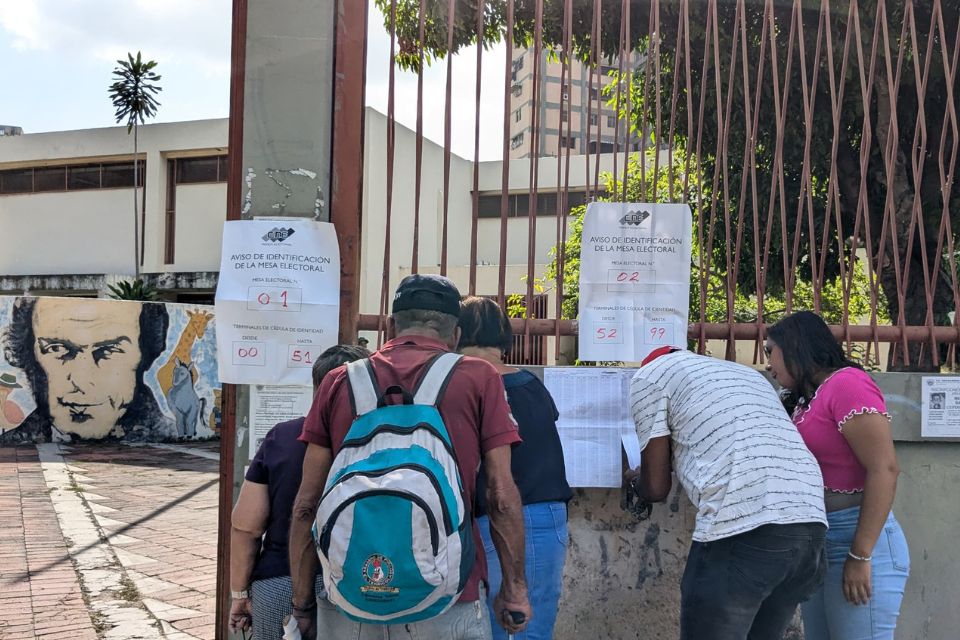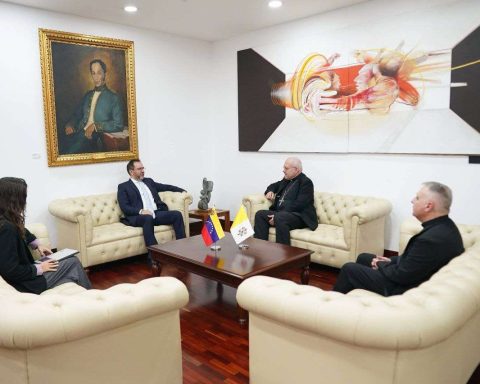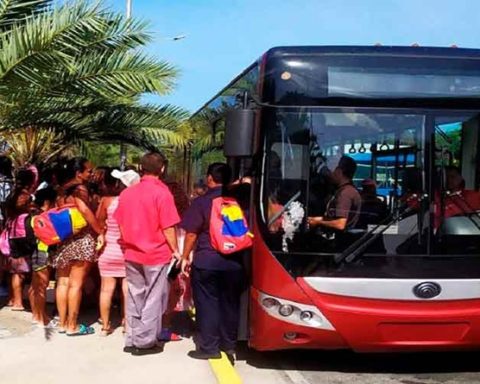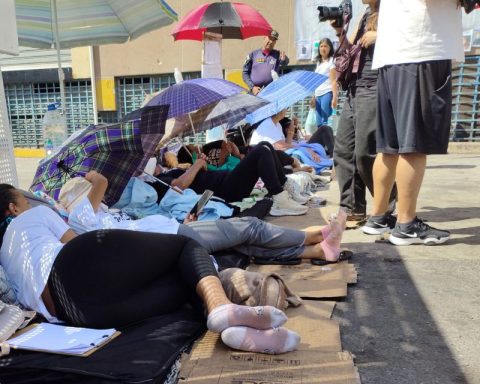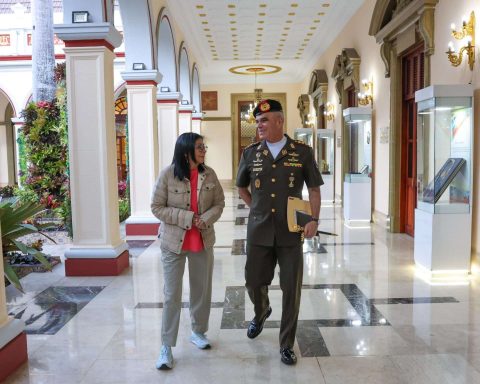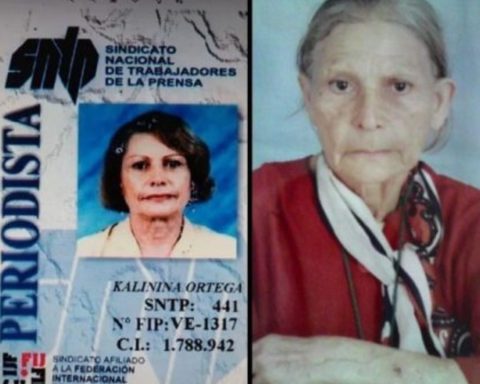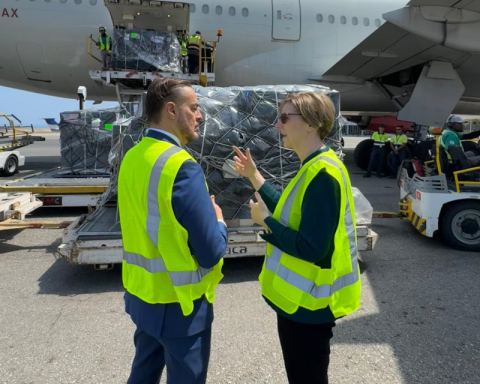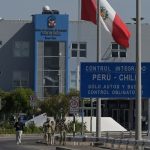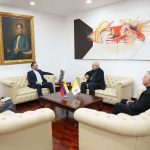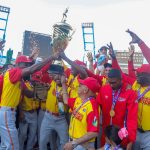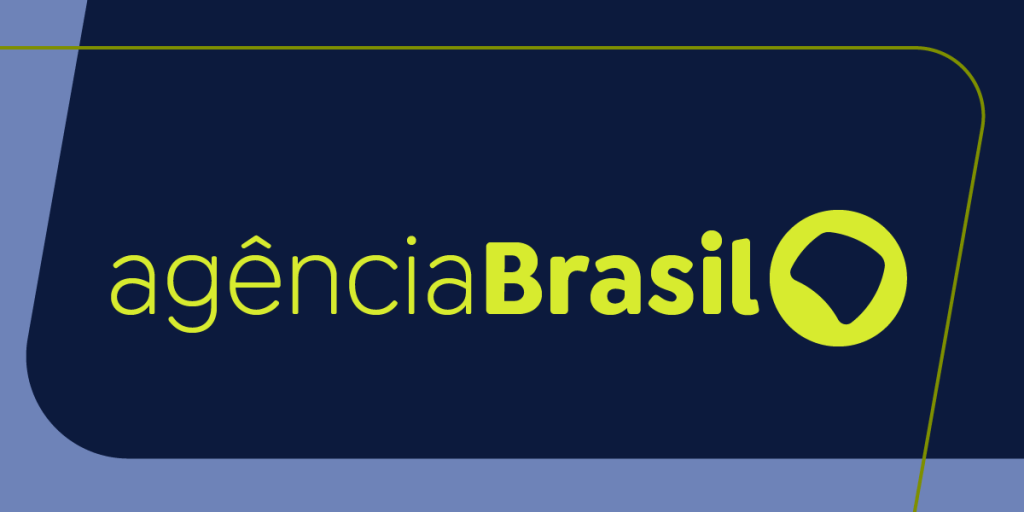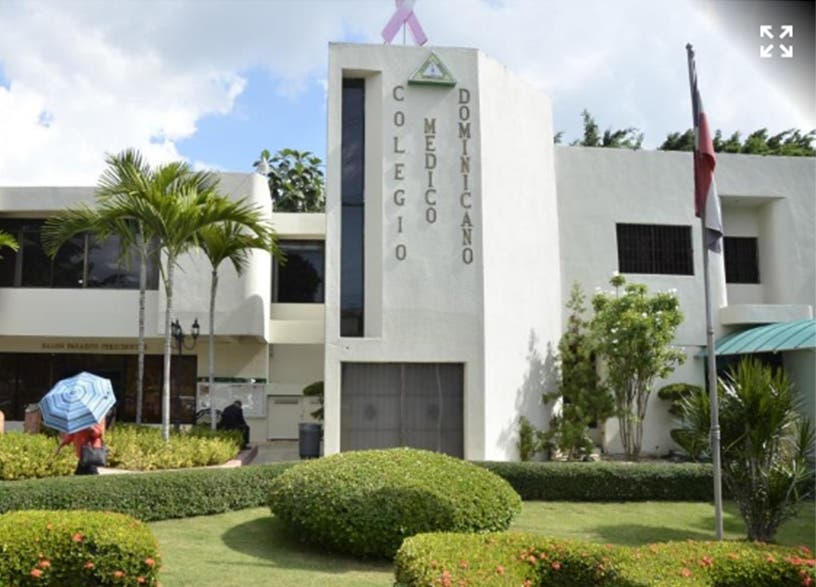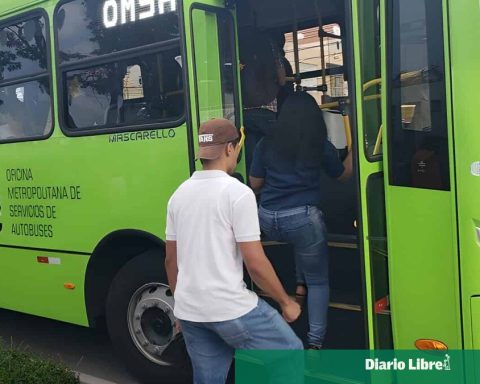The Venezuelan opposition, led by González and veteran politician María Corina Machado, proclaims itself the winner of the elections and has insisted that the Maduro government agree to begin a “serious” negotiation that leads to a democratic transition in the Venezuelan nation.
“We have made it very clear that we are willing to give incentives and guarantees and the regime that all negotiations must begin with the recognition of July 28 (…) the moment when adequate pressure is placed from within and without so that Maduro understands that “That situation is unsustainable, at that moment they will have incentives to sit down and negotiate,” Machado reiterated in an interview with the newspaper Folha de Sao Paulo, published this Sunday.
But Maduro, declared winner of the elections for a third term With the certification of a Supreme Court controlled by the ruling party, he accuses the opposition of ignoring the electoral authorities and intending to carry out a coup d’état due to the publication of the minutes that were kept by his table witnesses and give González as the winner.
For political scientists like Benigno Alarcón, director of the Center for Political and Government Studies at the Andrés Bello Catholic University, the factor that could lead the government to be interested in negotiating would be the feeling of not being able to sustain the status quo.
However, experts say they have no expectations that a negotiation process will occur, regardless of who the mediators are.
*Read also: Capriles: “This game was not blocked by María Corina Machado, Maduro blocked it”
Edmundo González, currently in forced exile in Spain, has assured that hopes to return to Venezuela with the aim of assuming the presidency on January 10, a scenario that has been rejected by the government. In fact, Maduro has already received the invitation from the ruling Parliament that will swear him in in 2025.
Part of the international community has ruled out recognizing Maduro as president-elect until “verifiable” results are demonstrated. He European Parliament and senates of countries such as Spain and Colombia have urged their governments to recognize González as president-elect.
Maduro has received support from countries such as Russia, China, Nicaragua and Iran, although several of his former allies in the region, including Colombia, Mexico and Brazil, have asked the government to present evidence of victory.
A large part of the opposition leadership is arrested or in hiding, amid a climate of general fear in different sectors of Venezuelan society.
In recent days Maduro announced changes in the country’s military leadershipincluding the counterintelligence and political intelligence services, amid calls from the opposition for the armed institution to support what it calls “a democratic transition” and vindicate the results of the presidential election.
Meanwhile, the pro-government majority Parliament is working to modify electoral laws with the aim of prohibiting those who are considered “fascists” or are unaware of Maduro’s victory from participating in elections.
Regional and municipal elections are scheduled to be held next year, a process that could generate distrust among Venezuelans, especially after reports presented by the Carter Center and the UN Panel of Electoral Experts that questioned the absence of essential transparency principles. to hold free elections.
At least 27 people were killed and more than 2,400 arrested amid protests against the election results.
Instances such as the Independent International Fact-Finding Mission on Venezuela (FFM in English), an entity independent of the United Nations Human Rights Council and unknown to Caracas, have denounced that Human rights violations in Venezuela have worsened after the presidential elections.
Meanwhile, many citizens feel uncertainty about the political and economic crisis that the country is going through and that has led more than 7.7 million Venezuelans – according to figures from the UN Refugee Agency – to leave Venezuela seeking protection and better quality life.
